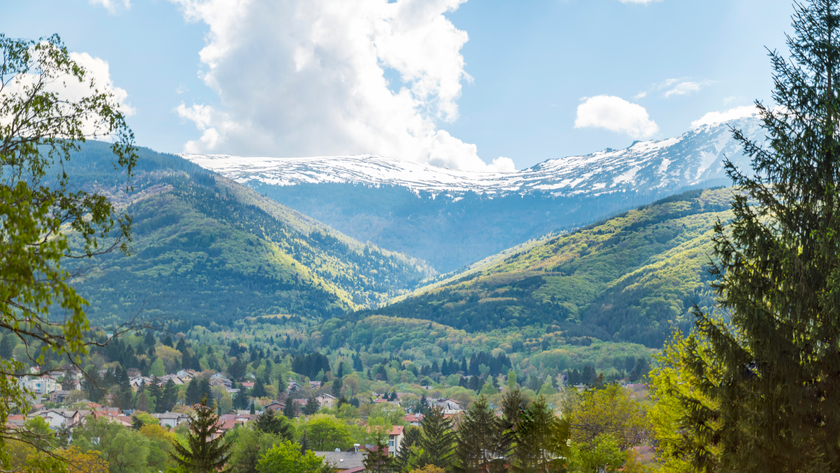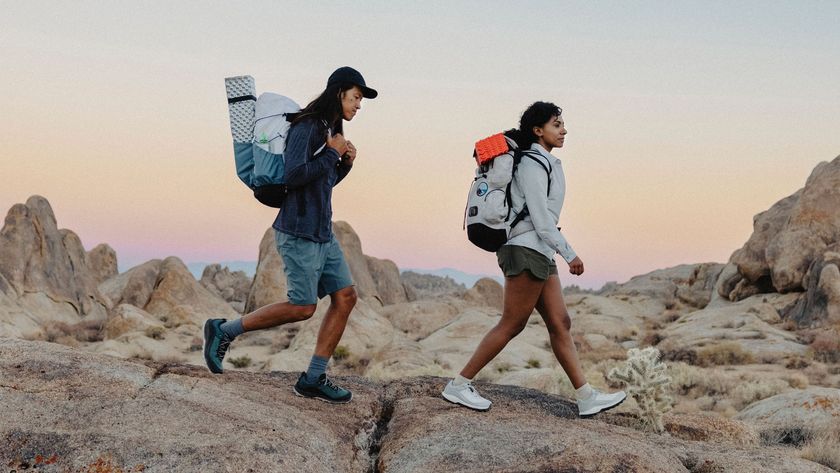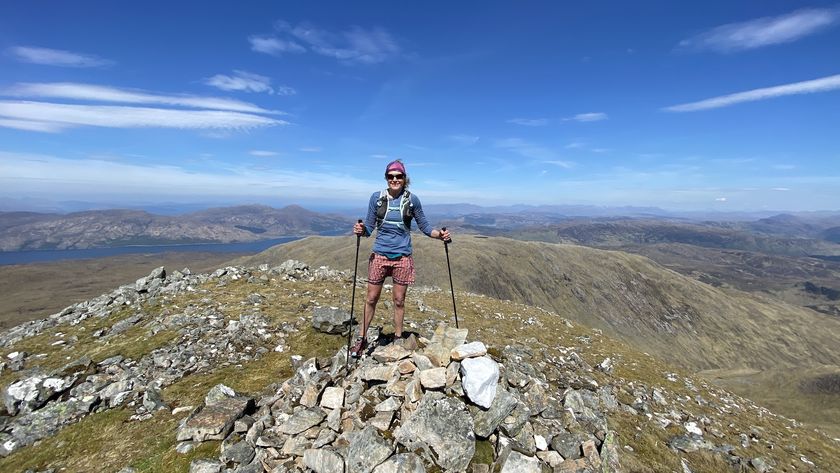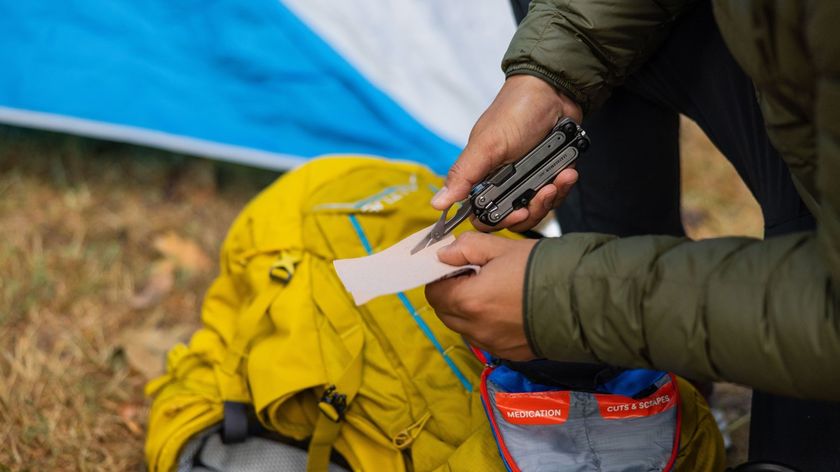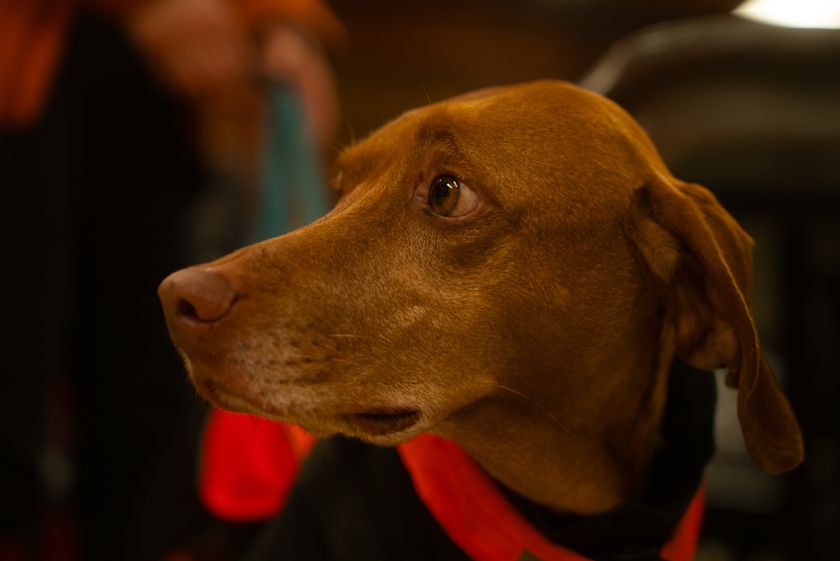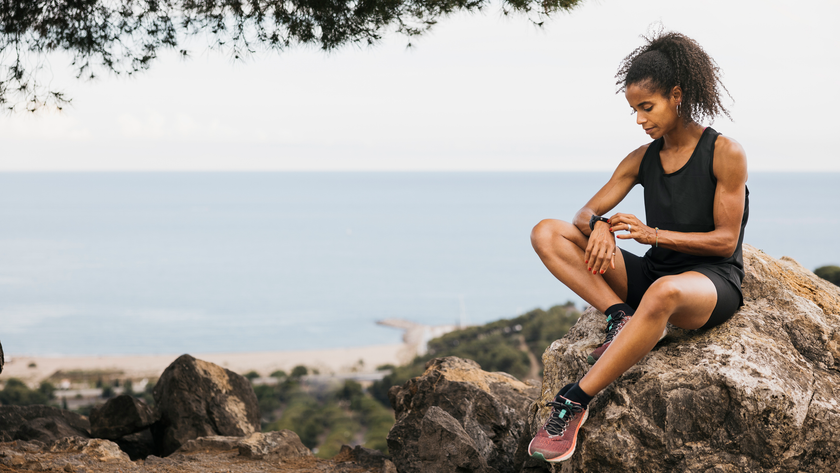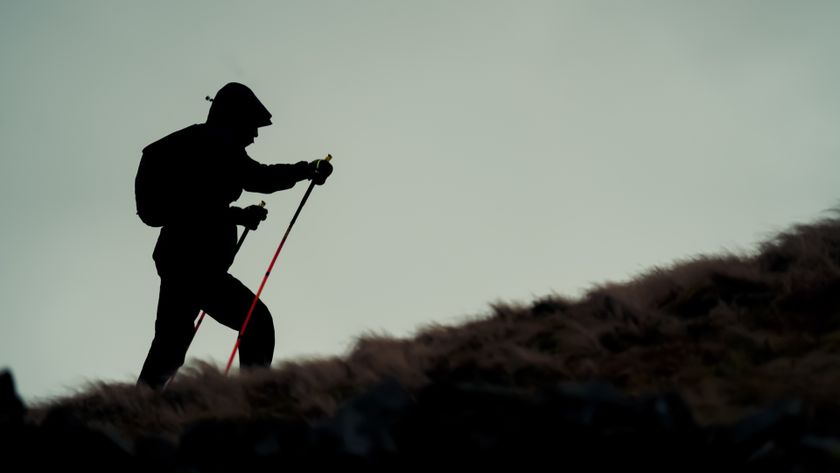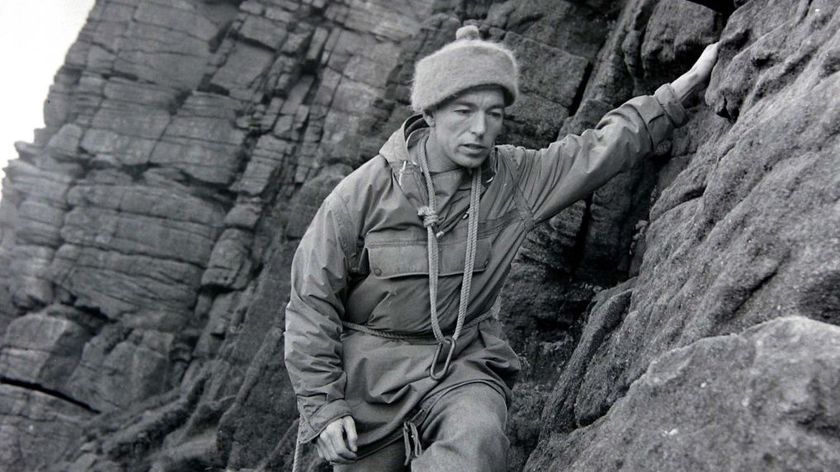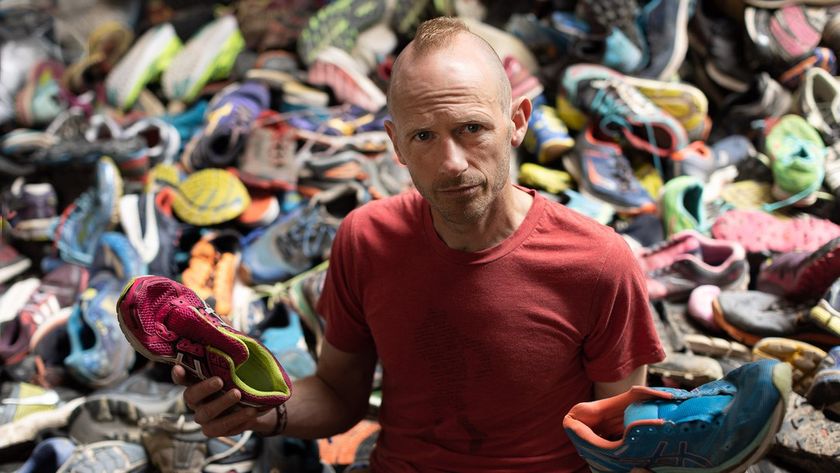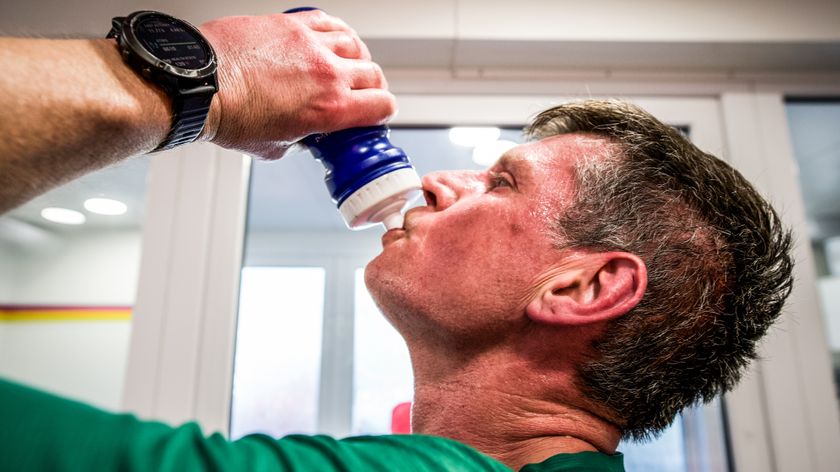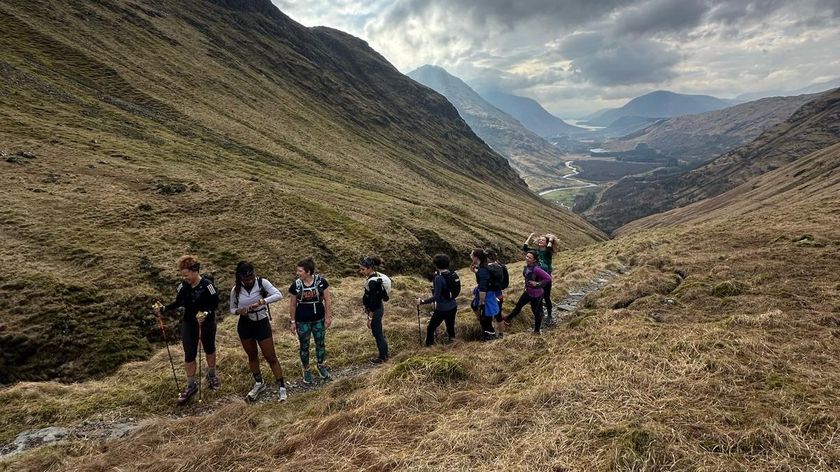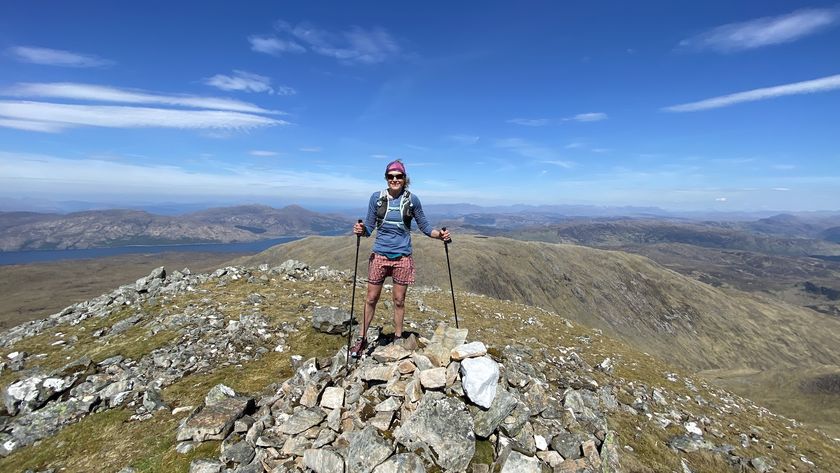It's officially fall – here's how I'm updating my camping kit
It’s time to update your camping kit for fall and its colder, more challenging conditions, here are my expert tips on what to change
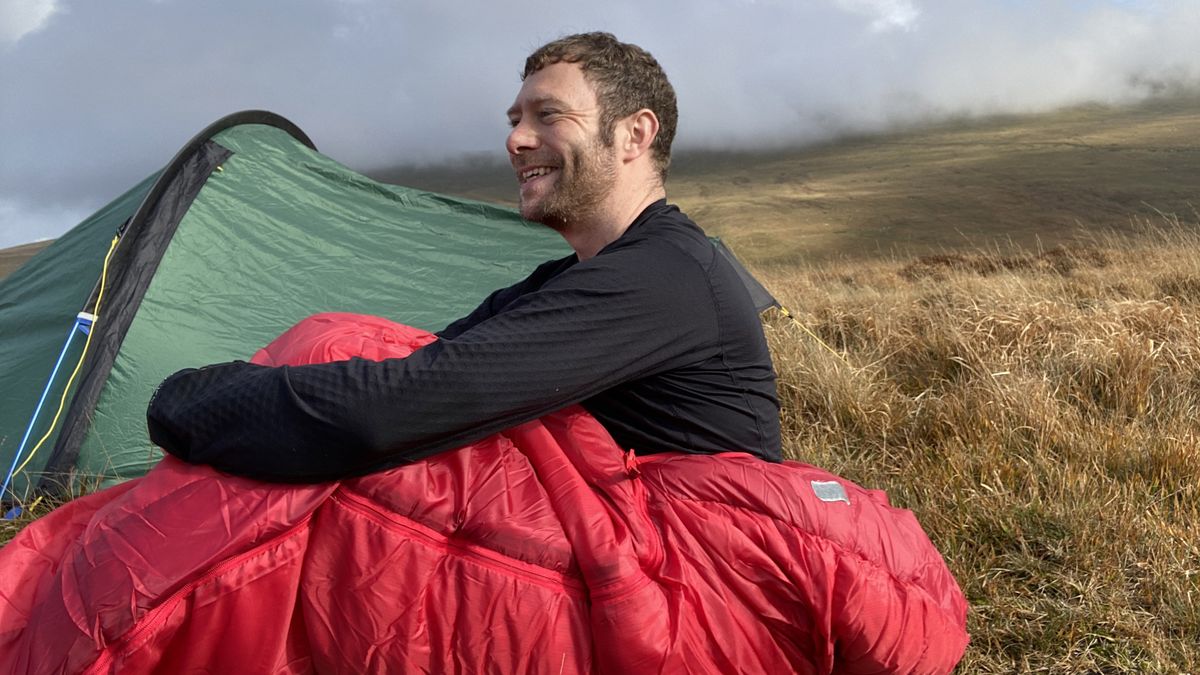
Just because the summer season is over doesn’t mean the camping adventures have to stop. For car camping families, fall micro-adventures slotted between busy weeks are as golden as Maine’s fall foliage, while backpackers will revel in the quieter trails and campgrounds.
However, plummeting temperatures and more challenging weather means that many are put off camping adventures in the fall. But, with just a few alterations to your standard summer kit, you can pitch your tent during the shoulder season and have as good a time as any.
We asked one of our camping experts to reveal how he updates his camping kit for fall and the considerations he makes when choosing what to prioritize. Whether backcountry camping or car camping with the family, this guide will help you prepare for the months to come.
How I update my camping kit for fall
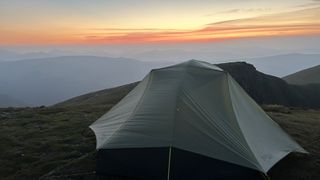
The challenge when camping in fall is always going to be staying warm. I always check my gear is up to the task and will be warm enough to camp in, though it's worth bearing in mind that there's no need to splash out like you do when investing in winter kit. Before I update my camping kit for fall trips, I always check the weather forecast before setting out, as fall can be as warm as midsummer or as frigid as the bleak midwinter. Here are the considerations I make:
- Sturdy tent – make sure you have a 3-season tent with guylines
- 3-season sleeping bag – a warm sleeping bag with a comfort rating lower than forecasted temps
- Thick sleeping pad – with an R-value of at least 2.5 for early fall and 4 or more for late fall
- Furniture – camping chairs and a camping table provide comfort during fall camps
- More clothing – it’s colder and muddier so more clothing will be needed
- Charge your devices – shorter daylight hours mean long-lasting lighting is important
- Hearty hot food and drink – the ability to rustle up a warm meal and hot drinks takes on new importance
- Other items – means to start a fire and in-tent entertainment becomes more desirable in fall
Meet the expert

Alex is an avid backcountry camper who also enjoys car camping trips with his family. A UK qualified mountain leader, he knows all about the challenges of camping in the wild during the shoulder season and shares his hard-won expertise here.
Check the weather forecast
- Fall can sometimes feel like summer and at other times feel like midwinter
- Check the weather forecast so that you know what to pack

During fall, you can experience all four seasons in a single day. The dawn might break bright and sunny, only for dark clouds to gather conspiratorially and deliver a snowy squall in the afternoon. It’s this unpredictability that means you have to be prepared for all eventualities. However, checking the weather forecast before your camping trip allows you to pack accordingly, armed with information about how hot or cold it will be and whether or not your heading for paradise or something more akin to the apocalypse.
Sturdy tent
- A standard 3-season tent should be suitable for fall adventures
- Don’t venture out with a cheap tent intended for mild summer use
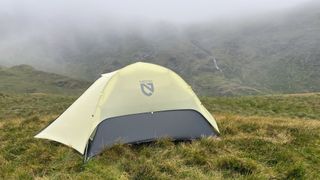
It’s tempting to think that staying warm and comfortable on camping trips would all be down to the quality of your tent. However, the reality is that your sleeping bag and pad are much more crucial to a solid slumber. It’s likely that your standard, 3-season camping tent that you use in summer will suffice. If you intend to invest in new camping equipment with fall in mind, prioritize your sleeping bag and pad over a new tent.
However, that’s not to say you shouldn’t give any thought to your trusty shelter. The main function of a tent is to keep you sheltered from the elements. A really cheap, pop-up shelter designed for music festivals or beach days will simply not cope with the stresses of backcountry camping come November. So, if you haven’t got one already, you’ll certainly need a decent tent, a veritable fortress of fabric.
Advnture Newsletter
All the latest inspiration, tips and guides to help you plan your next Advnture!
Fall is generally both windier and wetter than summer, with both wind speeds and rainfall increasing as you head towards the winter months. With this in mind, you’ll want a shelter with a hydrostatic head of at least 1,200mm, or ideally in excess of 2,000mm for late fall, and a groundsheet with a rating at least 3,000mm. Hydrostatic head is a measure of how water resistant a fabric is – the higher, the better.
To guard against the wind, you’ll want to peg out the guylines so that everything is under even tension. On some tents, you’ll need to attach these yourself. When pitching, turn the tent so that the broader sides aren’t facing the prevailing wind so that they don’t act like a sail.
3-season sleeping bag
- A 3-season sleeping bag should suffice for all but colder November camps
- Check your bag’s Comfort rating against the forecasted nighttime temperatures
- A sleeping bag liner and a camping pillow are also recommended for fall camping
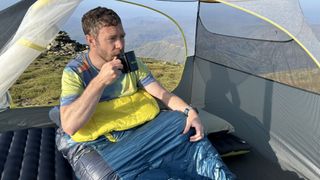
Most sleeping bags are rated to cope with 3-seasons (that's spring, summer and fall), though lightweight, packable 2-season sleeping bags for the warmer months also exist, as well as toasty 4-season cocoons for winter camping. For fall, I’d avoid 2-season bags on all but the warmest September days. A 3-season bag should keep you warm through the season, though beware of plummeting temps in November, when a 4-season bag would be more appropriate.
Most sleeping bags have temperature ratings, with stated temperatures for Comfort, Limit and Extreme. Without going into the specifics of each, I’m gonna assume you’re someone who wants to be "comfortable" on their camping trips, so take a look at the Comfort reading of your sleeping bag and check it’s lower than the nighttime temperatures forecast for your chosen camp.
As it’s colder, it’s also a good idea to take a sleeping bag liner along too. There are many reasons you need a sleeping bag liner for camping trips in general, but the additional warmth they provide is the main benefit when it comes to fall camping, plus they weigh next to nothing. Oh, and while it can be tempting to use folded up clothes as a pillow to save weight in summer, the insulation provided by a proper camping pillow is de rigueur in fall.
Thick sleeping pad
- A pad with an R-value of at least 2.5 is necessary for fall camping
- Ideally you’d want an R-value of 4 or more for late fall
- The same applies to mattresses and air beds
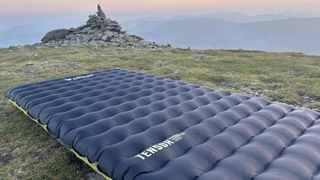
Just as you’ll be wanting to make sure your sleeping bag is appropriate for the colder nights, you’ll also need a sleeping pad that can cut the mustard. A sleeping pad’s suitability for different seasons is represented by its R-value; the higher the value, the better it is at insulating you from the cold, hard ground below. For 3-season use, I recommend a pad with an R-value of above 2.5, though once November is ushered in and winter looms, an R-value of 4 or more is ideal.
The good thing about winter-rated sleeping pads is that they can still be used all year round, unlike winter sleeping bags, which will cook you during a July heatwave. I recently enjoyed a summer slumber on Nemo’s Tensor XT Sleeping Pad, which has a sky-high R-value of 8.5, and it was luxurious. The downside when it comes to higher R-values is that the pads tend to be more expensive and less packable.
The same applies if you’re car camping on an inflatable mattress or airbed. Look for the stated R-value and assess if your sleeping platform will be suited to the season.
Furniture
- Lightweight camping chairs provide comfort during fall backcountry camps
- A camping table is a great place to gather around when the weather turns
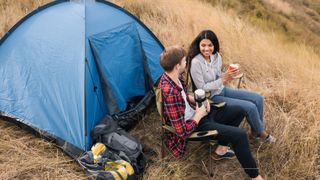
In summer, particularly on a wild camping trip, it makes sense to leave the camping chairs at home. The ground is usually dry and I tend not to mind sitting on a boulder or a little hillock. However, in fall, the terrain is usually at least damp and much colder to sit on. For backcountry camps in fall, there are loads of superb, lightweight and packable camping chairs – such as the top-rated Helinox Chair Zero – that’ll make a world of difference.
Meanwhile, on family camping trips when the weather turns (which it’s more likely to do in fall compared to summer), it’s nice to be able to sit down around a camping table in the family tent for a game or cards or a boardgame. These days, large family tents – such as the Vango Joro Air 450 Sentinel Eco that I use – have spacious living areas designed for exactly that, living.
More clothing
- More spare clothing is required for fall camps
- Insulated down or synthetic puffers are great for around camp
- Fleece jackets and waterproofs are well suited to active pursuits in the day
- If you’re swimming, you might need your wetsuit and water shoes

It should go without saying that you’ll require more layers to stay warm during fall camping trips. Plus, it’s much easier to get them dirty when exploring wetter, muddier terrain, so plenty of spares will be needed to cover the duration of your trip. Down jackets and synthetic puffers are a great source of insulation when you’re chilling in the evening, perhaps singing songs around the campfire. However, if you’re active during the day, they can be a little bit stifling, which is where fleece jackets come in. Of course, don’t leave home for the great outdoors without your waterproof jacket and rain pants, unless your camping somewhere particularly arid, with little chance of rainfall. Your head and hands will also thank you for a hat and gloves in the evening.
If swimming – either in the sea or in lakes, rivers or reservoirs – is in your camping trip plans, colder water temperatures may call for the use of a wetsuit in fall. Oh, and don’t forget your water shoes. If your planning on hitting the trails, remember to update your hiking kit for fall too.
Charge your devices
- Reduced daylight hours mean having full charged lighting devices is crucial
- Bring spares and make sure you have a power bank if off-grid
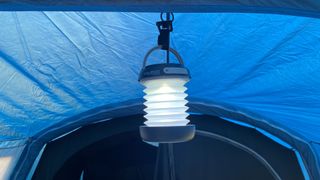
By the end of October, the sun will be setting in the Los Angeles region at around 6pm and it won’t rise again until after 7am. In other words, there are more hours of darkness than there are hours of daylight. So, while we sling our headlamps, camping lanterns and flashlights into the car as a bit of an afterthought for summer camping, it’s a different matter entirely for fall. I always make sure all my devices, whether a lighting device or otherwise, are fully charged for adventures all the way through to late spring.
If you don’t have electric hookup or you’re camping off-grid in the backcountry, bring a power bank or a solar charger so that you can recharge your devices.
Hearty hot food and drink
- Bring equipment to make hot camping meals, a real morale booster
- A cooler is always useful for keeping the bears away and keeping produce chilled
- Bring a means to make and share hot drinks

Steaming hot, hearty camping meals are a real morale booster during fall adventures, not to mention absolutely delicious. In summer, it’s often tempting to go without hot food and it’s sometimes the case that the heat means you don’t have much of an appetite for it anyway. However, in fall, nothing quite tastes as good as a meal enjoyed in the great outdoors. Whether it's porridge at breakfast, a lunchtime stew or even a boil-in-the-bag expedition ready meal, hot food is a must. So, pack your camping stove, camping utensils, pots, pans, plates and the rest.
A camping cooler or some other form of lockable box is recommended if camping where bears may come snooping around camp, sniffing for tasty morsels. For longer camping trips in fall, a cooler will keep your produce fresh and your brewskies chilled.
Hot drinks also take on a whole new importance in fall. I always pack my Aeropress or an insulated cafetiere – like the Hydro Flask French Press – as well as a mug for around the campsite and a flask for onward adventuring. You can even wow your campmates with a piping mug of mulled cider or cinnamon hot buttered rum come the evening.
Other items
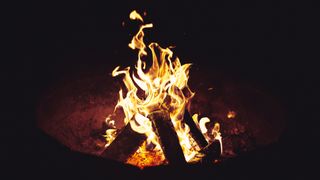
- Creating a campfire becomes more important as a heat source in fall
- In-tent entertainment is a must for bad weather
- Stargazing binoculars are great for marvelling at the night sky
There’s not a huge difference between what I’d take in fall compared to summer when it comes to the camping essentials checklist. A lighter or matches and some kindling are essential for igniting the campfire, which takes on more importance as a heat source and focal point during the colder fall evenings.
Evenings will be longer and chillier – not to mention potentially wetter – so in-tent entertainment is a must. This really comes down to personal preference, but a few things I’d consider are: card games, board games, a good book or two, magazines, musical instruments for a singalong and headphones.
On clear fall nights, you’ll be able to stargaze and marvel at the wonders of the northern hemisphere night sky, as constellations that were hidden during summer start to reappear, such as mighty Orion. A pair of stargazing binoculars, like the Celestron Skymasters, will reveal gorgeous details on the Moon or Jupiter, especially when paired with a tripod.
Alex is a freelance adventure writer and mountain leader with an insatiable passion for the mountains. A Cumbrian born and bred, his native English Lake District has a special place in his heart, though he is at least equally happy in North Wales, the Scottish Highlands or the European Alps. Through his hiking, mountaineering, climbing and trail running adventures, Alex aims to inspire others to get outdoors. He's the former President of the London Mountaineering Club, is training to become a winter mountain leader, looking to finally finish bagging all the Wainwright fells of the Lake District and is always keen to head to the 4,000-meter peaks of the Alps. www.alexfoxfield.com

